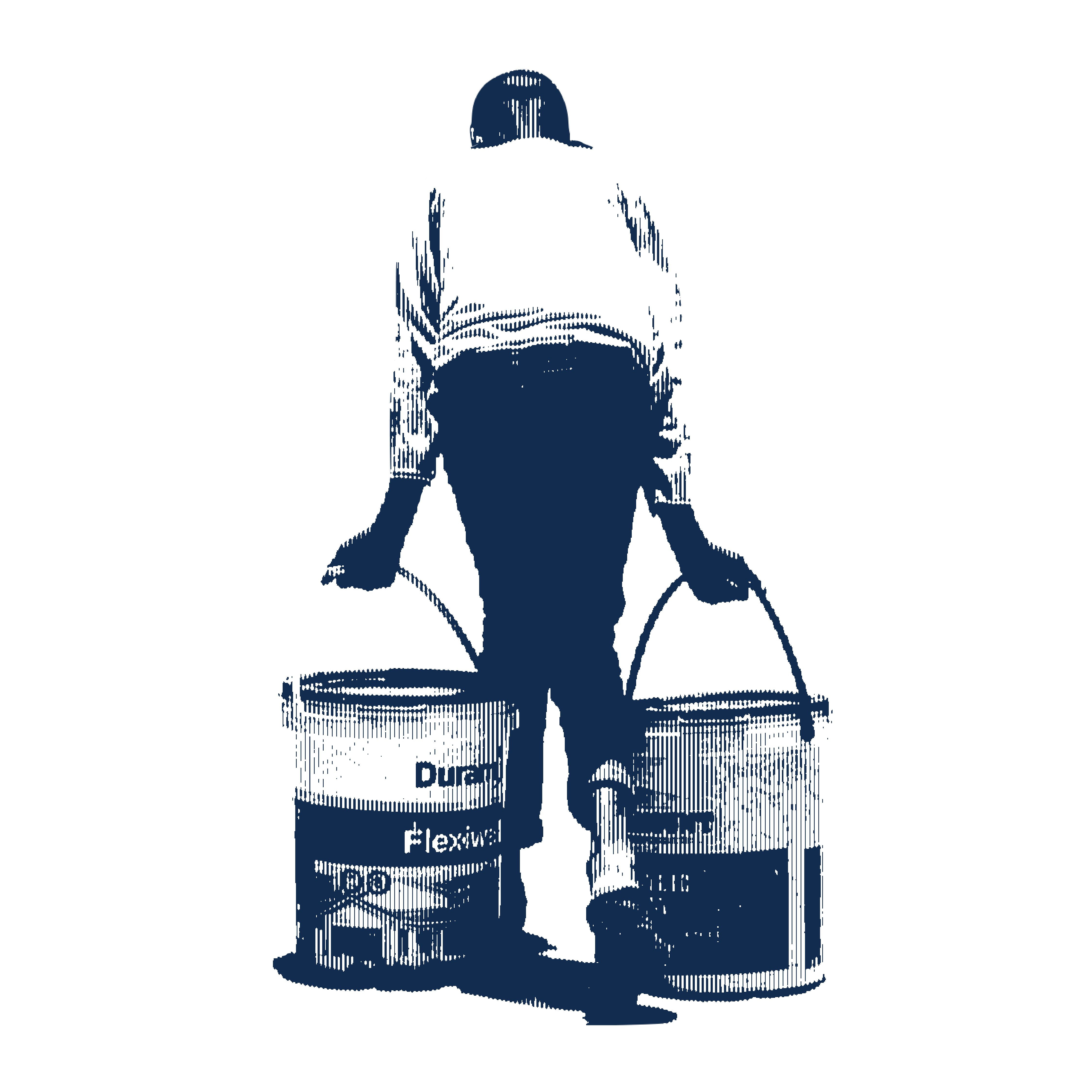
A black flag waved ominously over a pile of rocks next to a soccer goal, in Gani Memorial Stadium in Srinagar, Kashmir. It was June 11, the first day of the World Cup. Just hours before Argentina and South Africa were to kick off the games, Tufail Ahmad Matoo, 17, was brutally killed on this soccer field. A large portion of his head was blown off after a tear gas canister, allegedly fired by the Central Reserve Police Force (CRPF), shot him. His death was followed by over a dozen similar killings this summer.
Instead of remembering 2010 as the year of the World Cup, most young people in Kashmir will remember it as the year of the "Teenage Killings." After nearly two decades of bloody clashes between the Indian Army and Pakistani trained militants over control of Kashmir, this generation of young people has little to celebrate. This summer has been especially bloody. Since July 11, over a dozen Kashmiris' both men and women, one victim as young as nine, have been killed by police and the army. Some people were killed in protests other victims like Tufail were simply by standers.
Amid the chaos, some of these youngsters are finding refuge in a soccer program started by their South American coach, Marcos Troia. In 2007, Marcos and his family took a huge risk and moved to one of the most militarized areas in the world to build a soccer program in Kashmir.
Despite the incredible difficulties they face, his team has climbed to the highest divisions of Kashmiri soccer. Last year Marcos' team captain Basharat Bashir Baba 'Basha,' 19, and two other soccer players were selected to train with the Santos Soccer Club -- a world-renowned team in Brazil. But in Kashmir young people are often denied their most basic rights. The other boys were allowed to travel but Basha's opportunity to go abroad was almost dashed. His father was a militant nearly 20 years ago. As a result he was denied a passport. Luckily for Basha, local officials intervened and got him his travel documents. He's happy he can travel now but worries about the 60,000 Kashmiris who are still waiting for their passports. In a place as volatile as Kashmir, Basha's passport may be the least of his worries.
"It is very difficult to leave our homes and we do not know what will happen, whether we will come back or not," says Basha. So what does the passport give us? Nothing. If we have our life, then everything is with us. If we don't have our life, then there's nothing." Even with the challenges he faces Marcos says that his time in Kashmir is worthwhile because he's seeing a positive change in his players' lives. Like his coach, Basha is still pursuing his dream. He wants to play in Brazil, a country free of curfews, hundreds of thousands of armed soldiers, and harsh crackdowns.
"My first dream would be to play for India and then I want to open an academy in Kashmir," says Basha with a determined smile. "That is my dream."
As this summer's death toll rises, it's important that boys like Basha continue to chase their dreams. They can only hope that those dreams aren't destroyed by violence. In a few days the 2010 World Cup will come to an end. For me, etched in my thoughts is the black flag flying over the spot where Tufail was killed on opening day, just a few feet from a soccer goal.




